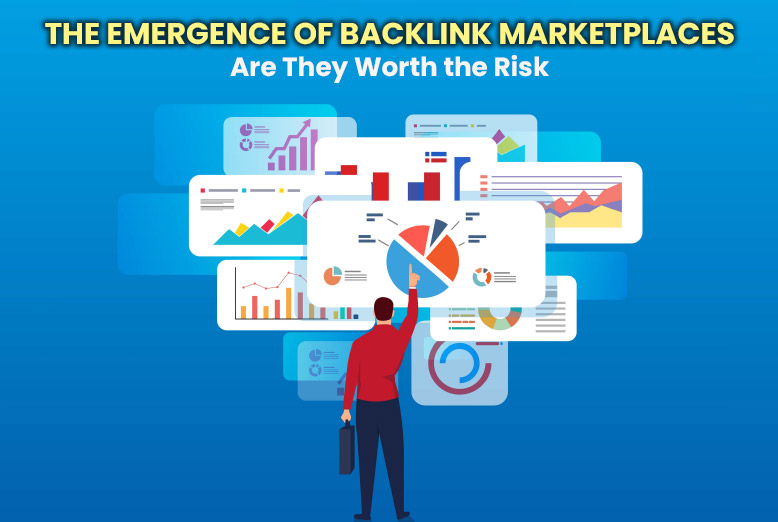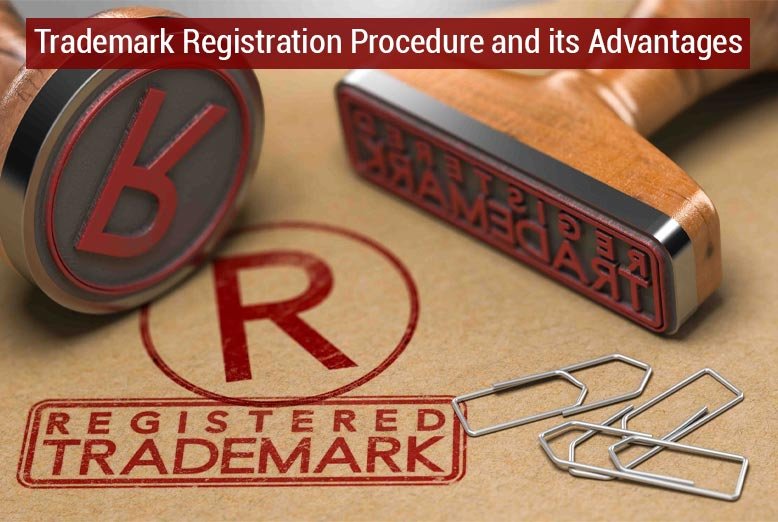In the ever-evolving landscape of digital marketing, the quest for visibility and ranking on search engines has led to the innovation and adoption of various strategies. Among these, the acquisition of backlinks has emerged as a key tactic, driving the creation of backlink marketplaces. These platforms, designed to facilitate the buying and selling of backlinks, have sparked a debate on their effectiveness and the risks they pose. This article delves into the nature of these marketplaces, weighing their benefits against the potential pitfalls, and explores the concept of trusted backlinks, offering insights into alternatives for enhancing site authority.
Introduction to Backlink Marketplaces
At the heart of search engine optimization (SEO) is the principle that a website’s authority and relevance are major factors in its search engine ranking. Backlink marketplaces have sprung up as a response to this, offering a shortcut to gaining these valuable endorsements. The premise is simple: websites seeking to improve their SEO can purchase backlinks from other sites with established authority. On the surface, this seems like a win-win scenario. However, the simplicity of the transaction belies the complexity of its impact on SEO and website credibility.
These marketplaces operate through various models, from bidding systems to fixed-price listings, each offering a wide range of sites from which to acquire backlinks. The allure of quick SEO gains draws in many website owners, yet the understanding of what makes a backlink truly valuable often remains superficial. The focus tends to be on quantity over quality, a perspective that can lead to misguided decisions and unforeseen consequences.
The emergence of these marketplaces represents a significant shift in how backlinks are acquired. Gone are the days when backlinks were solely the result of organic outreach and content marketing efforts. The commodification of backlinks has introduced a new dynamic to SEO, one that demands a closer examination of its implications for the digital marketing ecosystem.
Understanding the Concept of Backlinks
Before delving deeper into the nuances of backlink marketplaces, it is crucial to understand the foundational role of backlinks in SEO. Essentially, a backlink is a link from one website to another. Search engines like Google use these links as votes of confidence, an indication that the content being linked to is valuable, credible, and authoritative. The underlying assumption is that websites would not link to others unless they found the content worthy of endorsement.
The quality of a backlink is determined by several factors, including the linking site’s relevance to the content, the authority of the linking site, and the context in which the link is placed. It’s not just about having numerous links pointing to a site but having quality links that genuinely contribute to the perception of the site’s value.
The significance of backlinks extends beyond SEO. They are conduits for human users, guiding them to content that enriches their understanding of a topic or provides the answers they seek. This dual role of backlinks, serving both search engines and real people, underscores their importance in digital marketing strategies.
Pros and Cons of Backlink Marketplaces
The allure of backlink marketplaces lies in their promise of accelerated SEO success. By purchasing backlinks, websites can potentially see quicker improvements in their search engine rankings compared to relying on organic growth strategies alone. This approach can be particularly appealing for new websites struggling to gain visibility in a crowded digital space.
However, the convenience offered by these marketplaces comes with significant drawbacks. The quality of backlinks purchased can vary greatly, with some links coming from spammy or irrelevant sites. Such low-quality backlinks can do more harm than good, potentially leading to penalties from search engines that recognize these manipulative tactics. Moreover, the reliance on purchased backlinks can detract from the investment in creating genuinely valuable content that earns organic backlinks over time.
The debate over the use of backlink marketplaces also touches on ethical considerations. The practice raises questions about the integrity of SEO strategies and the authenticity of a site’s authority. As search engines continue to refine their algorithms to reward genuine content quality and penalize artificial tactics, the long-term viability of relying on purchased backlinks becomes increasingly uncertain.
Risks Associated with Using Backlink Marketplaces
Engaging with backlink marketplaces introduces a spectrum of risks that can undermine a website’s SEO efforts and credibility. The most immediate risk is the acquisition of backlinks from low-quality or irrelevant sites, which can trigger search engine penalties. Google’s algorithms, for instance, are designed to detect unnatural link patterns, and being associated with these can result in a website being demoted in search rankings or even deindexed.
Another significant risk is the potential for wasted investment. With no guarantees on the impact of purchased backlinks on SEO performance, website owners may find themselves pouring resources into strategies that yield minimal returns. This is compounded by the lack of control over the longevity of purchased links, as the linking sites may remove them or become defunct, diminishing the lasting value of the investment.
The ethical considerations mentioned earlier also translate into reputational risks. Websites found to be engaging in manipulative backlink practices may suffer damage to their credibility among users and within their industry. The pursuit of quick SEO gains through backlink marketplaces can, paradoxically, lead to a loss of the very authority and trust that websites seek to build.
How to Identify Trusted Backlinks
Amid the complexities of navigating backlink acquisition, the concept of trusted backlinks emerges as a beacon for website owners aiming to enhance their SEO ethically and effectively. Trusted backlinks are those that are earned from reputable, relevant sites through the merit of a website’s content. Identifying and pursuing these backlinks involves a focus on quality over quantity and a commitment to genuine value creation.
The hallmarks of trusted backlinks include relevance to the content they point to, the authority of the linking site, and the natural context of the link within the content. These characteristics ensure that the backlinks contribute positively to a website’s search engine ranking while also providing real value to users. The process of earning trusted backlinks typically involves creating high-quality content that naturally attracts attention and endorsement from other site owners, influencers, and content creators in the field.
The pursuit of trusted backlinks also involves proactive outreach and relationship building within the digital community. This can include guest blogging, collaborations, and engaging with relevant online forums and social media groups. By focusing on contributing genuinely valuable content and insights, website owners can naturally foster the creation of trusted backlinks, enhancing their SEO and online authority in a sustainable manner.
Alternatives to Backlink Marketplaces
For website owners wary of the risks associated with backlink marketplaces, there are several alternative strategies for building backlinks and enhancing SEO. These alternatives focus on organic growth and the creation of content that naturally attracts backlinks, aligning with the principles of ethical SEO practices.
Content marketing stands out as a powerful strategy, involving the creation of high-quality, valuable content that addresses the needs and interests of a target audience. By providing insights, solutions, and engaging narratives, websites can become go-to resources in their field, earning backlinks as others reference and recommend their content.
Another effective approach is engaging in community building and social media outreach. By establishing a presence on platforms where target audiences are active, websites can increase their visibility, share their content, and encourage organic backlinks from users and influencers alike.
Networking and collaborations with other websites and bloggers can also yield valuable backlinks. Through guest blogging, joint webinars, and partnerships, websites can tap into new audiences, providing mutual benefits in terms of exposure and backlink generation.
In conclusion, while backlink marketplaces offer a tempting shortcut to SEO success, the risks and ethical considerations they entail make them a precarious option. By focusing on trusted backlinks and leveraging organic, value-driven strategies, website owners can build sustainable SEO success and establish genuine authority in their field. The emergence of backlink marketplaces serves as a reminder of the importance of adhering to principles of authenticity and quality in the digital marketing landscape.
Also Read: Why The Look and Feel of Your Online Business Links Matters













